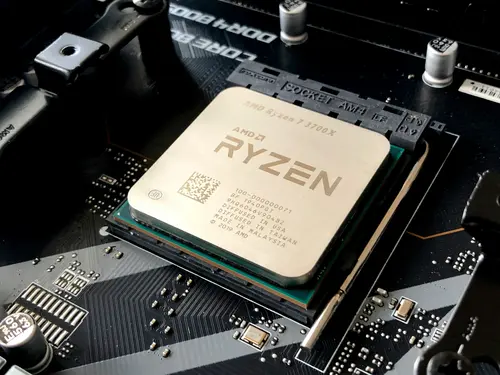Home |
10 Things to Consider When Buying a Laptop
November 27, 2024


Buying a laptop can be confusing because there are so many choices out there. Whether you are a student, a professional, or someone ready to upgrade your tech, it’s important to pick the right one for your needs. To help you make a smart decision, here are 10 important things to consider when buying a laptop.
Purpose and Usage
Start by thinking about how you plan to use the laptop. Will it be for basic tasks like browsing, checking emails, and document editing? Or will you need more power for gaming, video editing, or software development? Understanding your needs will help you narrow down the options.
Operating System (OS)
The choice of operating system is one of the first things you’ll need to decide. Windows laptops are great for general use and gaming, while MacBooks offer a streamlined experience for creative professionals. Chromebooks, on the other hand, are great for users who primarily work in the cloud. Consider what you’re most comfortable with and which OS aligns with your software requirements.
Processor (CPU)


Photo by Olivier Collet on Unsplash
The processor is the brain of your laptop. If you plan to run demanding applications like video editing software or high-end games, you’ll need a laptop with a powerful processor. Intel and AMD are the main manufacturers, with Intel’s Core i5 or i7 and AMD’s Ryzen series being popular choices for mid- to high-end laptops.
Memory (RAM)
A laptop’s RAM determines how many tasks it can handle at once. For general use, 8GB of RAM is usually sufficient, but if you work with heavy applications, opt for 16GB or more. The more RAM your laptop has, the better it can multitask without slowing down.
Storage Type and Capacity
Laptops come with either a hard disk drive (HDD) or a solid-state drive (SSD). SSDs are faster, more reliable, and more energy-efficient than HDDs. A 256GB SSD is the standard for most users, but if you store a lot of files or games, you may want to go for 512GB or even 1TB.
Display Quality
The quality of the display impacts how comfortable it is to work on your laptop for long periods. Look for a screen with at least Full HD (1920×1080) resolution for crisp visuals. If you do graphic design or video editing, consider higher-resolution displays like 4K. The brightness and color accuracy of the screen also play a role in the overall experience.
Battery Life
Check the laptop’s battery life before buying. Nobody wants to be tied to an outlet. Laptops with high battery life are great for travel, meetings, or working from home. Look for a model that offers at least 8 hours of battery life on a single charge, and if you’re always on the go, consider models that provide more than 10 hours.
Keyboard and Trackpad


Photo by Pixabay on Pexels
If you do a lot of typing, the keyboard should be comfortable and responsive. A backlit keyboard is helpful if you work in low-light conditions. Also, check the size and sensitivity of the trackpad; it should be accurate and smooth to use.
Ports and Connectivity
Consider the ports and connectivity options that the laptop offers. If you need to connect multiple devices like USB drives, an external monitor, or a keyboard, make sure the laptop has the necessary ports. USB-C is becoming more common for fast data transfer and charging, while HDMI is useful for connecting to external displays.
Price and Warranty
Finally, set a budget and find a laptop that fits within your price range. Don’t forget to consider the warranty and customer service reputation of the brand. Some manufacturers offer extended warranties and additional services for peace of mind.
Conclusion
Buying a laptop is an investment, so making an informed decision is important. By considering factors like your primary usage, processor, storage, and budget, you can ensure you pick a laptop that will meet your needs for years to come. Whether you’re after a budget-friendly option or a high-performance machine, these 10 factors will guide you to the right choice.
If you’re a business looking to equip your team with laptops/monitors, consider reaching out to CloudConsole. Let us help you make the right choice for your business—contact us today for expert IT solutions and purchasing options!
